Antithesis
"To err is human, to forgive, divine."
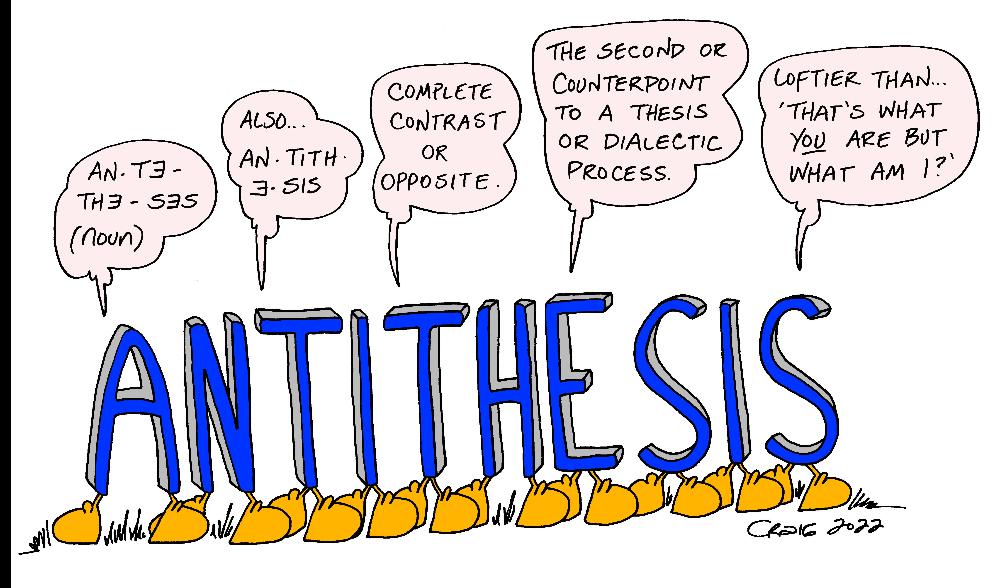
Placing contrasting terms or ideas close together in a parallel structure.
Eg: "My only love sprung from my only hate."
Effect: to emphasise their difference and give the effect of balance
Apostrophe
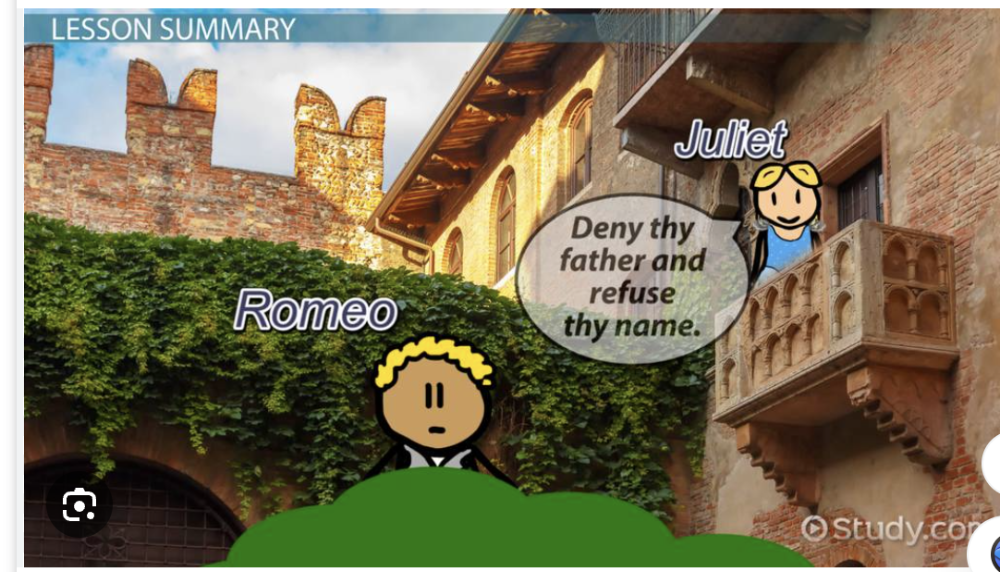
A direct address to a person or personified idea.
Eg: O death! Where is thy sting?
Effect: A cry, or outpouring of emotion
Caesura
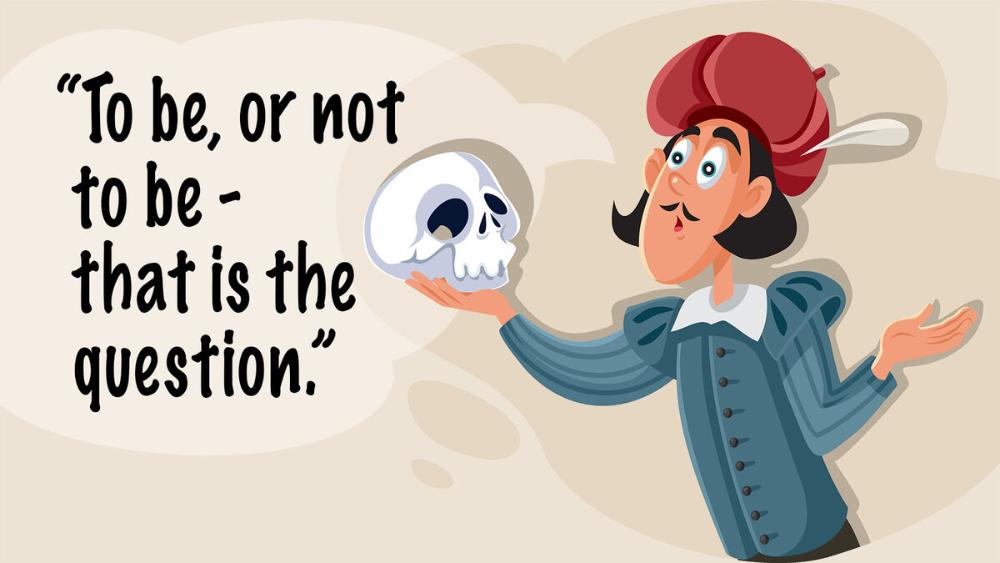
An audible pause in a line of poetry
Eg: "If this proves true, they'll pay for it. By my honour."
Effect: to create a dramatic (or rhythmic) effect. Notice the difference between the comma and the full stop above.
Symbolism

A word or phrase signifying a sign or mark representing something else
The dove (of peace), the cross (Christianity)
Effect: A symbol brings a significant idea and all its connotations in a single word/phrase
Enjambment
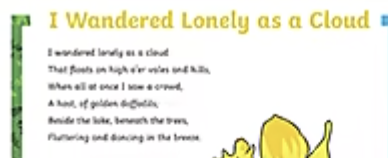
When the meaning from a line of poetry is completed on the next line.
"How long have they tugged the leash, and strained apart,
My pack of unruly hounds."
Effect: Emphasises an idea or adds to the flow of the line
End stopped line
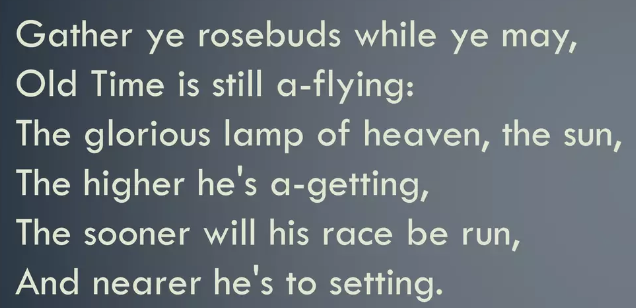
The lines of a stanza that give a grammatical pause at the end of each line
"I can haul and urge them no more."
Purpose: To complete an idea both visually and grammatically
Sibilance
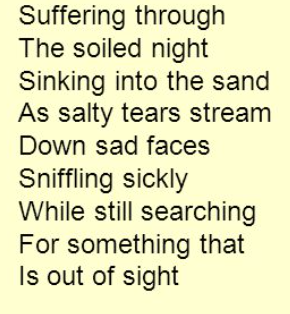
The repetition of the consonant sound /s/ or /z/
Effect: hissing sound; onomatopoeic effect
Purpose: to slow the reader.
Inversion

Changing the usual order of Subject-Verb-Object
Eg: Sad I was that he could not come to the party
Effect: highlighting the first word in the sentence
Purpose: To emphasise the first word in the sentence, giving it more importance.
Archaisms
Vocabulary not in modern day use. Some words remain in use in certain limited fields of activity—especially law, government, and religion
Eg: One day, when the glory comes
It will be ours, it will be ours
-"Glory" 2015 Oscar winner for best original song
Effect & Purpose: to create an atmosphere of antiquity, and also, to give one’s language a feeling of official-ness, royalty, or religious authority. In this case, to stir feelings of awe.
Allegory
fill in later
Bathos/Anticlimax
When trying to be elevated, the unintended descent into trivial or ridiculous
Blank verse
Iambic pentameter that is unrhymed. Closest to the natural rhythm of speech
Parody
Imitates serious work and applies them to lowly or comically inappropriate subject matter.
Metonymy
Change of name. The literal word for one thing is applied to another closely associated.
Eg: the Crown = the King; the turf = horseracing
Synecdoche
A part of something signifies the whole
Eg:
Sarcasm
A form of irony, using praise as dispraise
Eg: Oh, you're God's gift to women!
Motif
An element - incident, device, reference - that recurs frequently (can now also be a trope when discussing visual images)
Paradox
Appears to be contradictory or absurd, but turns out to make good sense
Eg: "One short sleep past, we wake eternally
And death shall be no more; Death, thou shalt die."
Satire
Diminishing or derogating a subject by making it ridiculous; uses laughter as a weapon. Usually the subject represents something/someone outside the text.
Eg:
Purpose: to evoke scorn, contempt, indignation; to correct human vice
